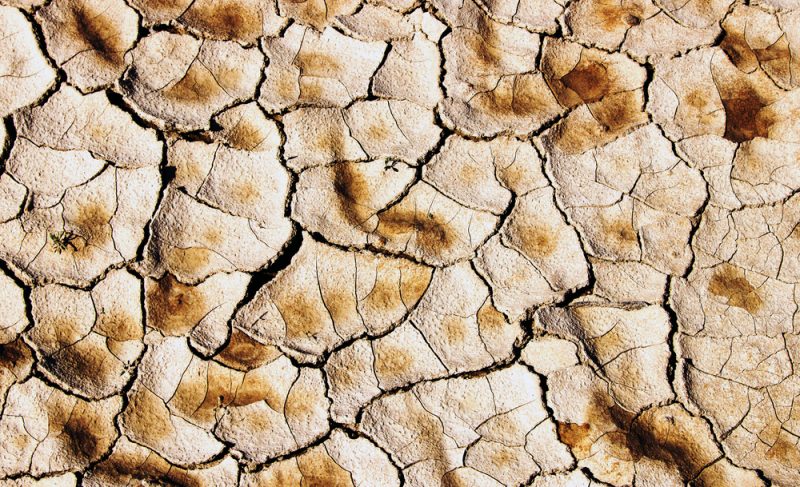On the heels of a natural disaster, time and again it becomes clear that many businesses have not planned adequately to be able to keep their doors open. In fact, the government estimates that 40% of companies are not prepared to operate after disaster forces them to shut down. They either don’t buy the right insurance or do not have enough to cover their losses, which is particularly true for smaller companies. This lesson hit home this past summer in the aftermath of flooding in Louisiana that caused an estimated $2 billion in damage to businesses, and then again after Hurricane Matthew, which caused an estimated $10 billion in commercial and residential losses.
What the insurance industry is seeing is that many owners who do buy insurance opt for a standard business policy that covers fire, rain, wind and vandalism. These policies may also include Business Interruption insurance, which covers lost income when a company cannot operate. However, the policies do not cover damage from floods or earthquakes, which can be serious threats in many parts of the country.
“Most (owners) are buying [insurance} as if it’s a commodity product instead of understanding it needs to be customized to their particular situation,” says Robert Borghese, who teaches law and entrepreneurship at the Wharton School of the University of Pennsylvania, in recent Wall Street Journal article. Additionally, business owners in an effort to keep their costs down aren’t considering all the “what ifs” involved in the event of a disaster.
What is clear is that businesses of all types must fully understand their risks and the impact of not being adequately insured. In order to properly do this, owners, executives and board members (in the case of larger companies) should consider every possible scenario when analyzing the potential risks their organization might face. Following is a list of some of the disruptive events that could affect normal operations and to help prepare with disaster planning/business continuity programs and the type of insurance coverages that should be secured:
Environmental Disasters
- Tornado
- Hurricane
- Flood
- Snowstorm
- Drought
- Earthquake
- Electrical Storms
- Fire
- Subsidence and Landslides
- Freezing Conditions
- Contamination and Environmental Hazards
- Epidemic
Organized and/or Deliberate Disruption
- Act of Terrorism
- Act of Sabotage
- Act of war
- Theft
- Arson
Loss of Utilities and Services
- Electrical Power Failure
- Loss of Gas Supply
- Loss of Water Supply
- Petroleum and Oil Shortage
- Communications Services Breakdown
- Loss of drainage/Waste removal
Equipment or System Failure
- Internal Power Failure
- HVAC Failure
- Equipment Failure (excluding IT hardware)
Serious Information Security Incidents
- Cyber Crime
- Loss of Records or Data
- Disclosure of Sensitive Information
- IT System Failure
Other Emergency Situations
- Workplace Violence
- Public Transportation Disruption
- Health and Safety Regulations
- Negative Publicity
About Caitlin Morgan
Once a thorough risk assessment is performed, it’s essential that an organization review all the available coverages available to address its specific exposures – from Property and Business Interruption/Business Income and Utility Services insurance to Commercial Flood and Earthquake insurance and Cyber Liability and others. Caitlin Morgan can assist you in securing a robust insurance program for your clients, including those in the healthcare industry. Just give us a call at 877.226.1027.


